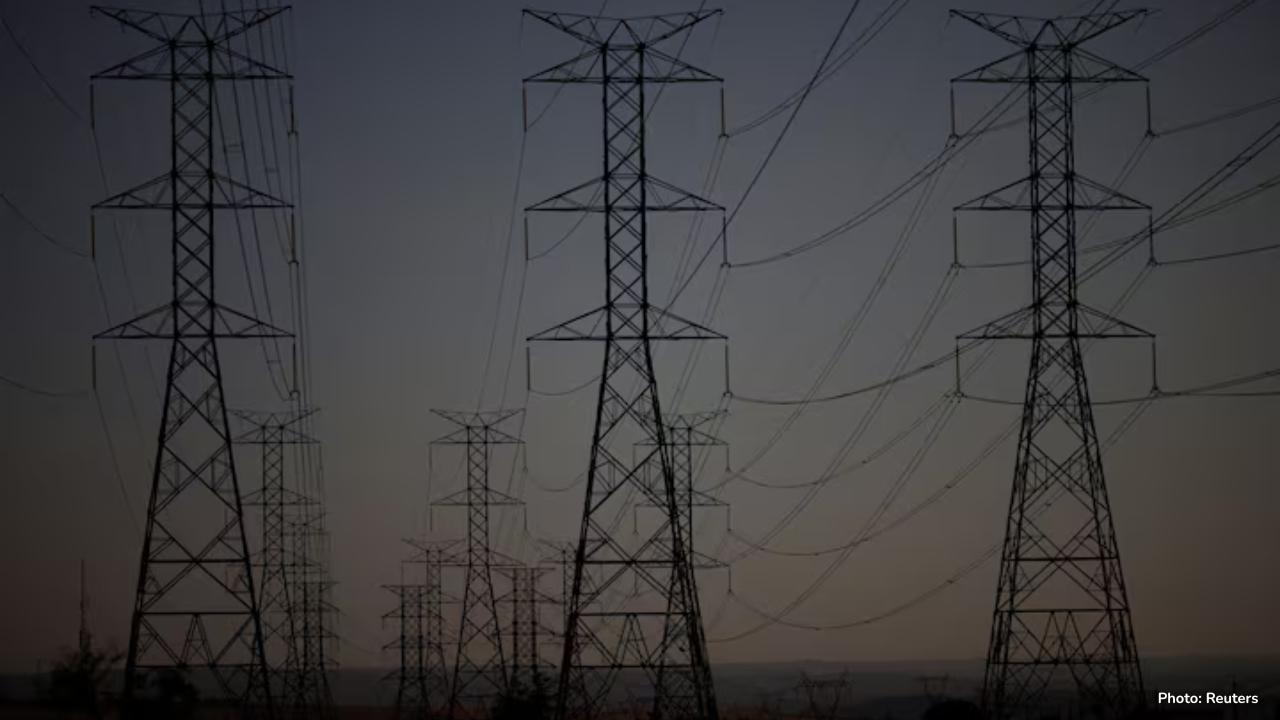
Post by : Monika
Brazil, a country known for its abundant renewable energy resources, is now drawing attention from international cryptocurrency mining companies. The nation has invested heavily in clean energy over the past decade, especially in wind and solar power, which has led to an unusual situation. Brazil produces more electricity from renewable sources than it can fully use or transmit through its current energy infrastructure.
This energy surplus has opened opportunities for industries that consume large amounts of electricity, particularly cryptocurrency mining. Mining cryptocurrencies such as Bitcoin requires massive amounts of energy to run specialized computers that solve complex mathematical problems.
This makes electricity one of the largest costs for these companies. Brazil’s excess renewable energy, which is cheap and environmentally friendly, provides an attractive solution.
What Is Cryptocurrency Mining?
Cryptocurrency mining is the process of creating new units of digital currencies and verifying transactions on a blockchain network. Miners use powerful computers to solve complex mathematical puzzles. When they solve these puzzles, they add a new block to the blockchain and are rewarded with cryptocurrency.
Mining requires large-scale computing, which in turn consumes enormous amounts of electricity. For this reason, miners often look for locations where electricity is both affordable and abundant. Countries with cheap or surplus energy, especially from renewable sources, are ideal because they reduce operational costs while supporting environmentally friendly mining practices.
Brazil’s Renewable Energy Situation
Brazil is a global leader in renewable energy. The country generates most of its electricity from renewable sources, including hydroelectric dams, wind farms, and solar panels. Over the years, Brazil has invested billions of dollars into renewable energy infrastructure.
However, the growth of renewable energy production has outpaced the development of transmission and storage infrastructure. In other words, Brazil produces more clean energy than it can deliver to consumers in certain regions. For instance, wind and solar farms in the northeastern states often generate electricity that is unused because the power grid cannot carry it to urban areas. Some studies suggest that up to 70% of renewable energy in these regions may go unused at times due to infrastructure limitations.
This energy surplus has economic and environmental implications. On the one hand, it represents wasted potential and lost income. On the other hand, it provides an opportunity for industries that consume high amounts of electricity, such as cryptocurrency mining, to utilize this excess power.
Cryptocurrency Companies Exploring Brazil
Several major cryptocurrency companies are exploring opportunities in Brazil. They are attracted not only by the cheap and abundant energy but also by the country’s strong commitment to renewable energy and growing technological infrastructure.
Tether, one of the largest digital currency companies in the world, has invested in Brazil by acquiring a local company that operates sugarcane mills. These mills generate renewable energy, and Tether plans to use this energy to power its Bitcoin mining operations.
Renova Energia, a Brazilian renewable energy supplier, is investing $200 million in a 100-megawatt cryptocurrency mining project in the state of Bahia. The project will consist of six mining data centers powered entirely by wind energy.
Other companies, such as Enegix, Penguin, and Bitmain, are also in discussions to set up mining operations in Brazil. Some of these companies are considering mobile data centers that can connect directly to power plants, making it easier to use surplus energy efficiently.
These investments are part of a larger trend where cryptocurrency companies are seeking sustainable and cost-effective energy sources around the world. Brazil’s renewable energy surplus makes it one of the most promising locations for such ventures.
Benefits for Brazil
The arrival of cryptocurrency miners in Brazil could bring several benefits:
Economic Growth: Mining operations require infrastructure, equipment, and personnel. By establishing facilities in Brazil, companies create jobs and stimulate the local economy. Rural areas with abundant renewable energy could see increased economic activity due to these investments.
Better Use of Energy: Brazil’s renewable energy surplus often goes unused because of infrastructure limitations. Cryptocurrency mining can make productive use of this energy, reducing waste and making the energy system more efficient.
Technological Development: International mining companies bring advanced technology and expertise to Brazil. This can encourage innovation, improve the efficiency of local energy systems, and inspire other technology-driven projects in the country.
Environmental Benefits: Using renewable energy for mining operations reduces the carbon footprint of cryptocurrency production. Many miners globally rely on fossil fuels for electricity, which increases greenhouse gas emissions. By tapping into clean energy, Brazil helps support environmentally friendly practices in the crypto industry.
Challenges to Consider
Despite these benefits, several challenges must be addressed to ensure that cryptocurrency mining in Brazil is sustainable and effective:
Regulatory Framework: Brazil does not yet have specific regulations for cryptocurrency mining. Clear rules are needed to ensure that operations comply with national financial and environmental laws. Regulations should balance economic growth with environmental protection and energy efficiency.
Infrastructure Development: To fully utilize the renewable energy surplus, Brazil needs to invest in power transmission and storage infrastructure. Without improvements, miners might face interruptions or limitations in electricity supply.
Environmental Concerns: Even renewable energy production can have environmental impacts. For example, wind farms require land, and hydroelectric dams can affect local ecosystems. Mining operations must ensure they do not exacerbate environmental challenges.
Water Scarcity: Some renewable energy sources, particularly hydroelectric power, depend on water availability. Droughts or water shortages could limit the energy supply for mining operations. Companies and policymakers need to plan for these risks.
Community Impact: Mining centers require significant electricity and space. Companies must engage with local communities to avoid social or environmental conflicts and ensure that local residents benefit from these investments.
Looking Ahead
Brazil’s renewable energy surplus provides a unique opportunity to integrate cryptocurrency mining into the country’s clean energy economy. By carefully managing energy use, infrastructure development, and environmental impact, Brazil could become a global hub for sustainable cryptocurrency mining.
The combination of cheap, abundant, and renewable energy makes Brazil attractive to mining companies seeking to reduce costs and minimize environmental impact. If successful, this model could be replicated in other countries with excess renewable energy resources, such as certain regions in Africa or Asia.
The growth of cryptocurrency mining in Brazil could also encourage further investments in renewable energy infrastructure. Improved transmission networks, better energy storage, and increased renewable capacity could benefit not only miners but also residential and industrial consumers across the country.
Brazil’s renewable energy surplus is turning into a valuable asset for the cryptocurrency industry. Companies like Tether, Renova Energia, and Bitmain are exploring ways to use excess wind and solar power to run mining operations efficiently.
This development offers multiple benefits, including economic growth, better energy utilization, technological advancement, and environmentally friendly mining practices. However, challenges remain, such as infrastructure limitations, environmental impacts, and the need for clear regulations.
By carefully managing these challenges, Brazil can create a sustainable model where cryptocurrency mining supports the use of renewable energy while contributing to economic development. The country’s approach could serve as a blueprint for other nations with abundant clean energy resources.
As more companies enter the market and renewable energy projects expand, Brazil has the potential to become a global leader in sustainable cryptocurrency mining. This initiative demonstrates how innovative energy solutions can support modern technologies and drive economic growth while promoting environmentally responsible practices.
In the years ahead, Brazil’s renewable energy and cryptocurrency sectors may become closely linked, showcasing a modern approach to energy management, technological innovation, and global commerce. By combining clean energy with digital finance, Brazil is positioning itself at the forefront of a new era in both the energy and cryptocurrency industries.
Brazil renewable energy cryptocurrency mining


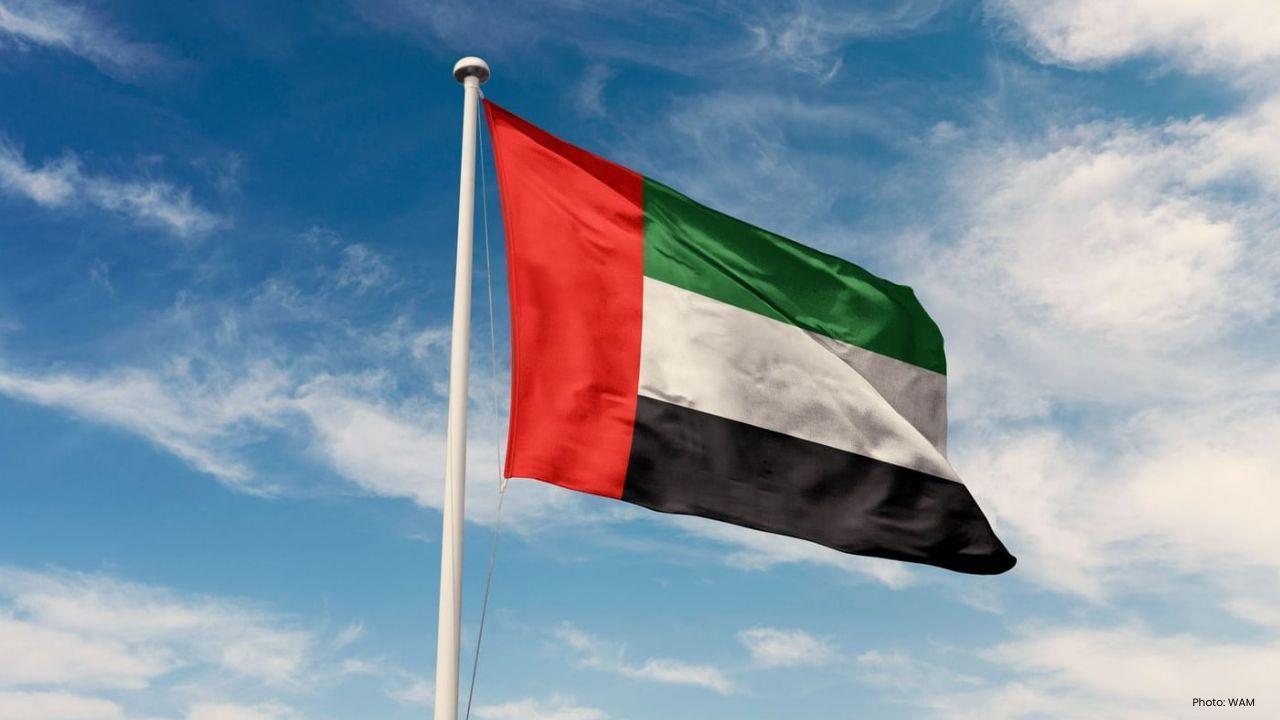
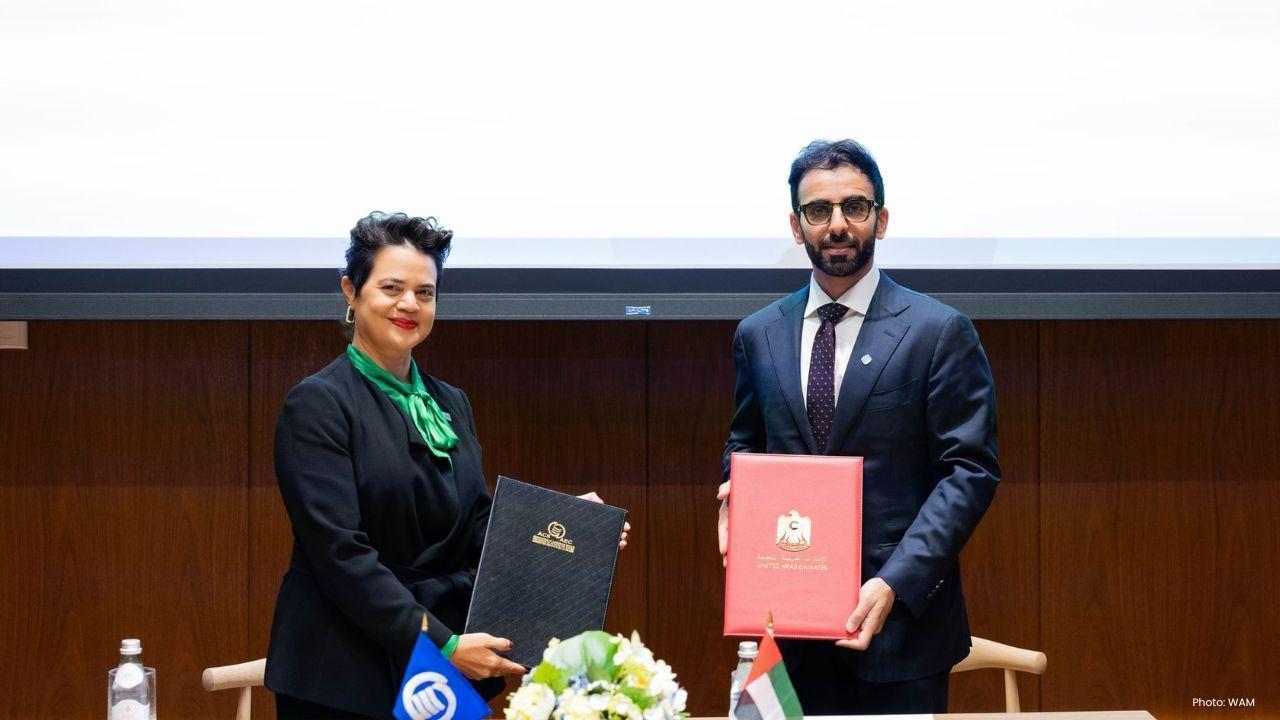
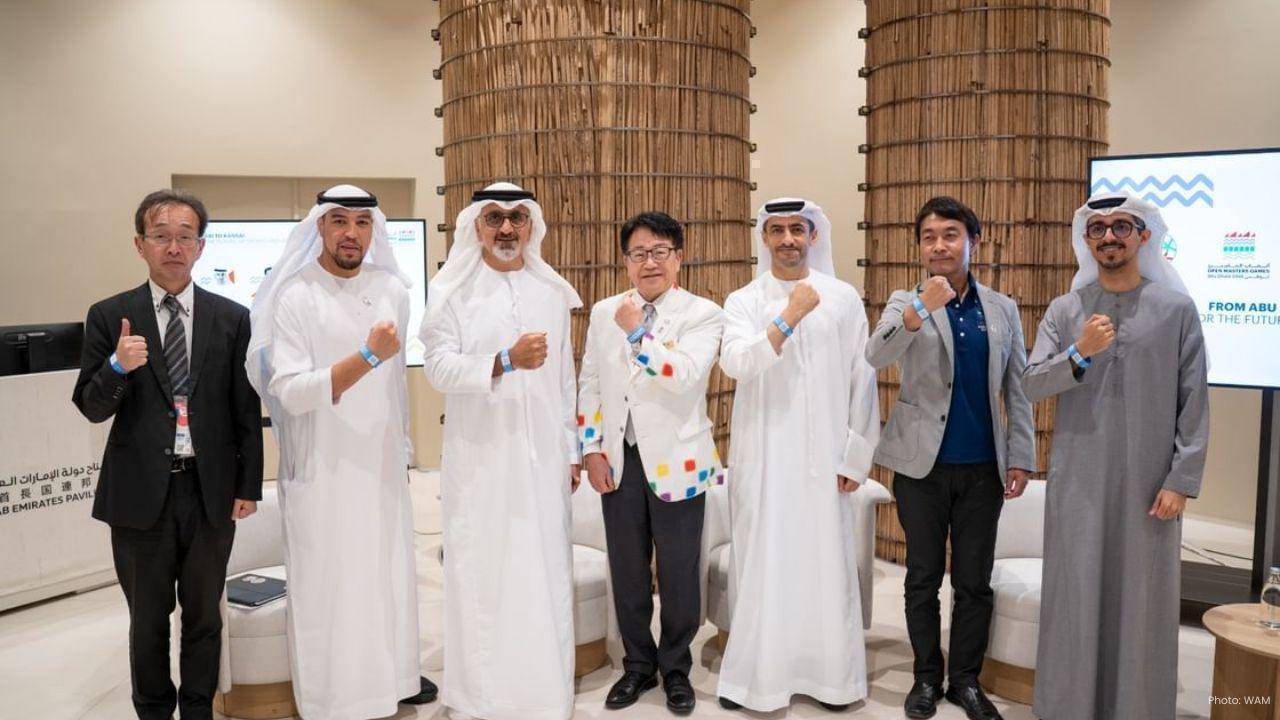



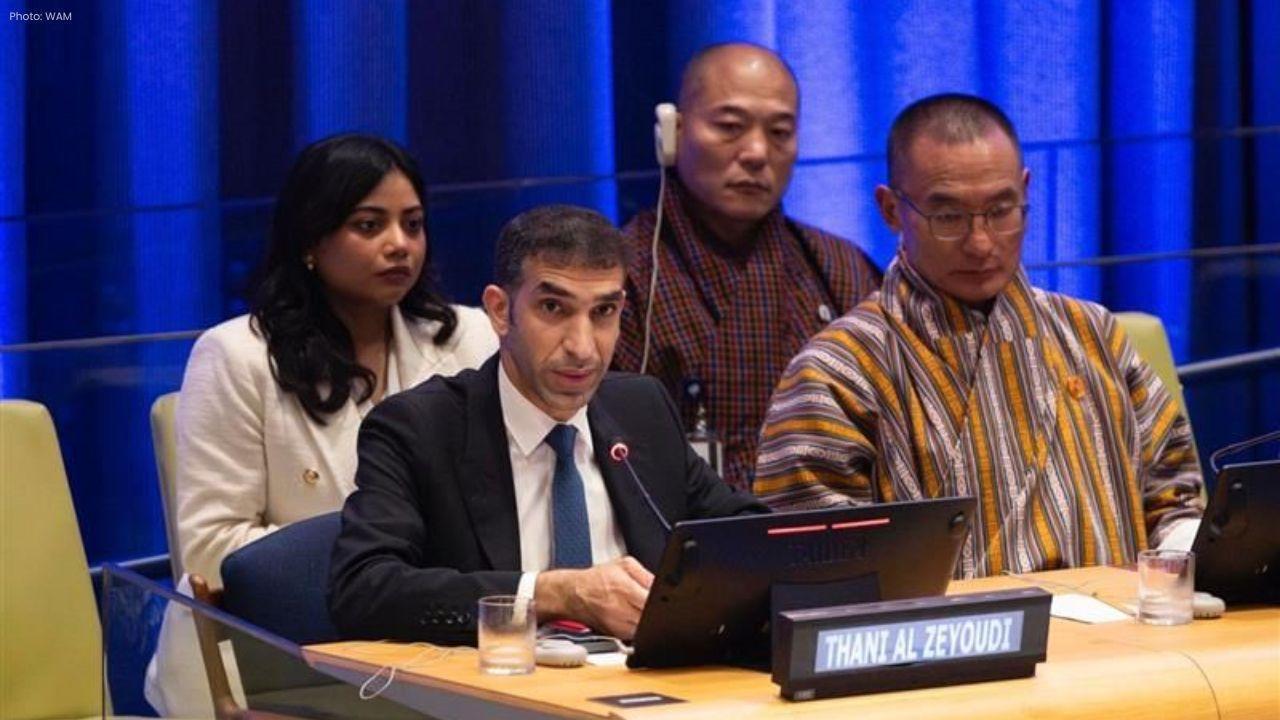

OpenAI's Revenue Soars to $4.3 Billion in First Half of 2025
OpenAI's revenue reaches $4.3 billion in the first half of 2025, marking a 16% increase from the pre

UAE Leaders Send Condolences to Saudi King Over Princess Abta's Death
UAE rulers and crown princes sent heartfelt messages to King Salman, mourning the passing of Princes

Brazil's Surplus Clean Energy Attracts Crypto Miners
Brazil's excess renewable energy is luring cryptocurrency miners. Companies like Tether and Renova E

Visa Tests Stablecoins to Make Global Payments Faster
Visa is testing stablecoins for international payments, aiming to speed up transactions and reduce t

Opera Unveils Neon AI Browser for Smarter Web Browsing
Opera introduces Neon, an AI-powered browser that automates tasks and enhances privacy, aiming to re

Albanese Visits Sheikh Zayed Grand Mosque in Abu Dhabi
Australian PM Albanese tours Sheikh Zayed Grand Mosque, highlighting peace, tolerance, and cultural